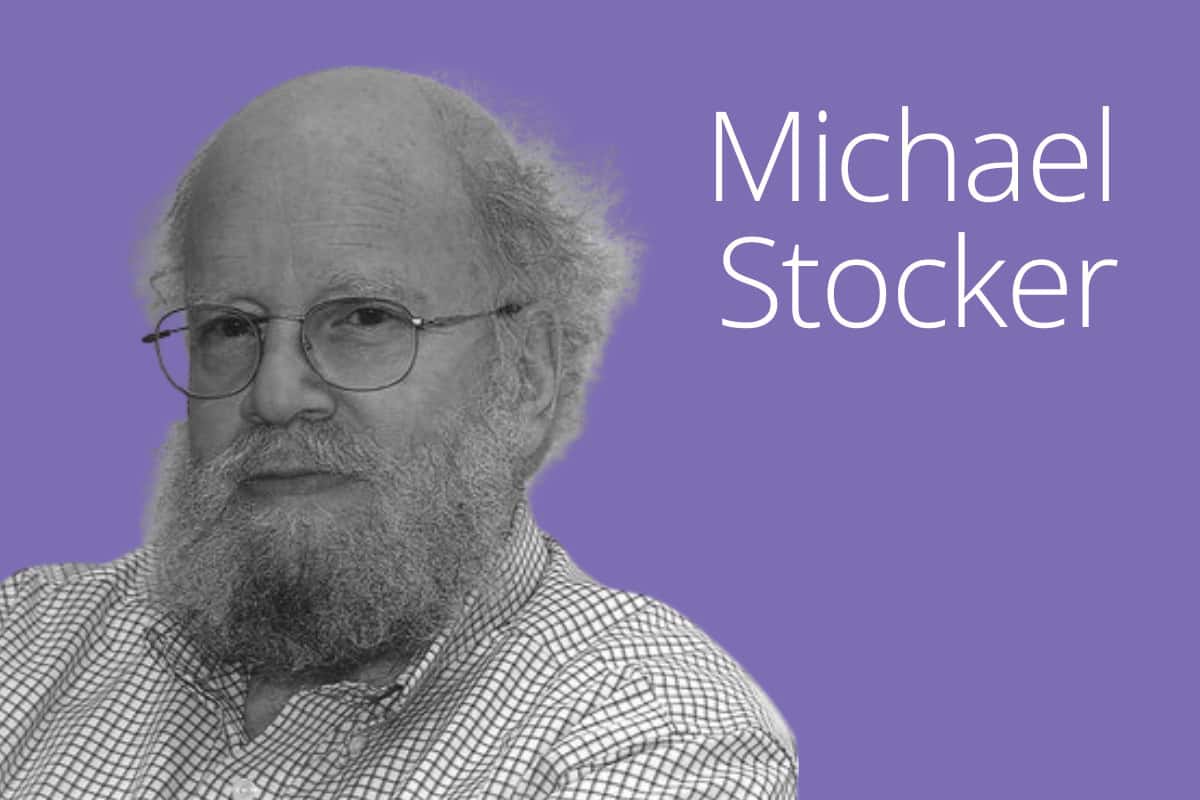Our Humanities Travelling Fellowships (HTF) enable early career researchers to undertake research overseas, including accessing archives and other research materials and connecting with international researchers and networks.
The successful applicants will undertake a range of projects that address issues of national and international significance, including the Stasi and international order, how our ancestors adapted to their surroundings and how health and risk communication works during times of a pandemic.
We congratulate the following HTF recipients and are proud to support their projects.
Humanities Travelling Fellowships
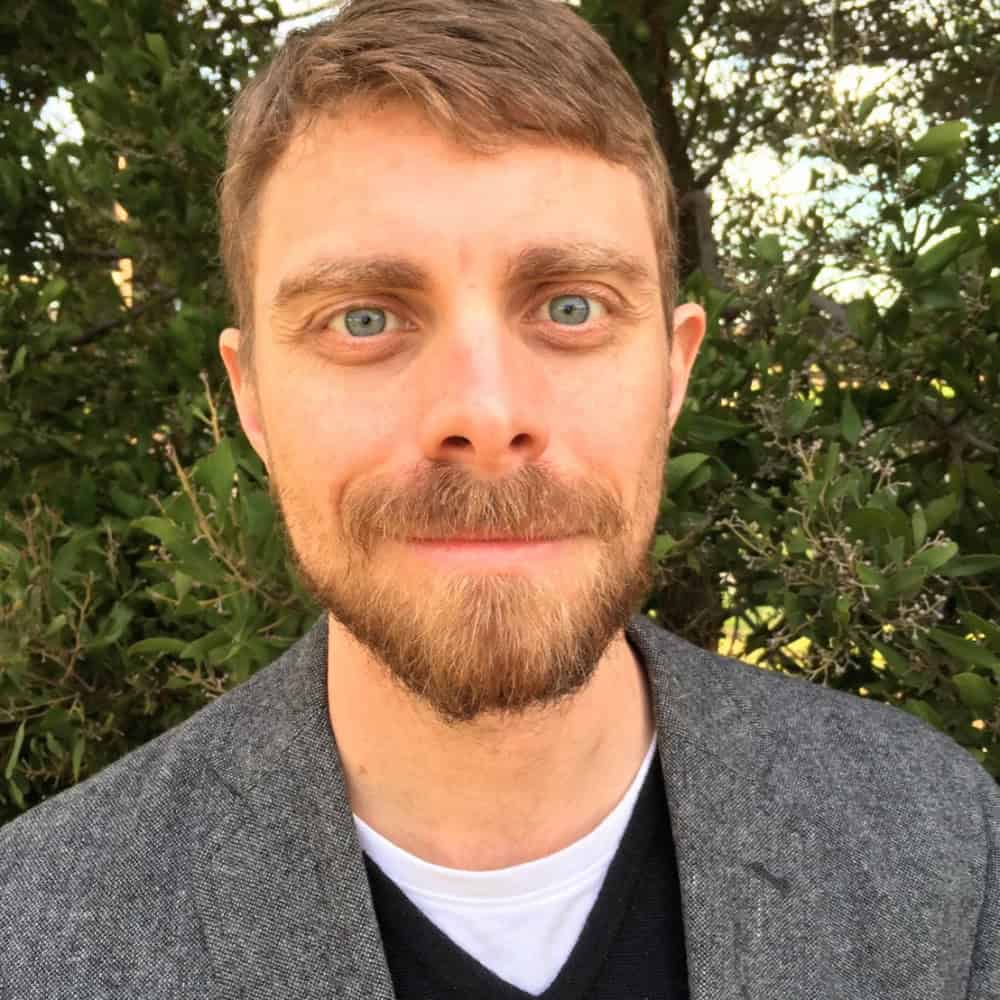
Dr Levi Durbidge
University of the Sunshine Coast
The impact of virtual exchanges on language learning trajectories: Connecting Caboolture to Kansai
With the closure of international borders during the COVID-19 pandemic, many institutions turned to videoconferencing technology to maintain programs of linguistic and intercultural exchange internationally. Research on these ‘virtual exchanges’ has largely taken a compartmentalised view, evaluating outcomes during, or immediately after, programs. This project will interview participants living in South East Queensland and Osaka from one virtual exchange program, investigating the longer-term impacts of the experience on their language learning trajectories. Significantly, the project will include participants who have less opportunity for international mobility, including those from lower socio-economic backgrounds, regional and remote communities, and those with carer responsibilities.
Twitter: @LeviDurbidge
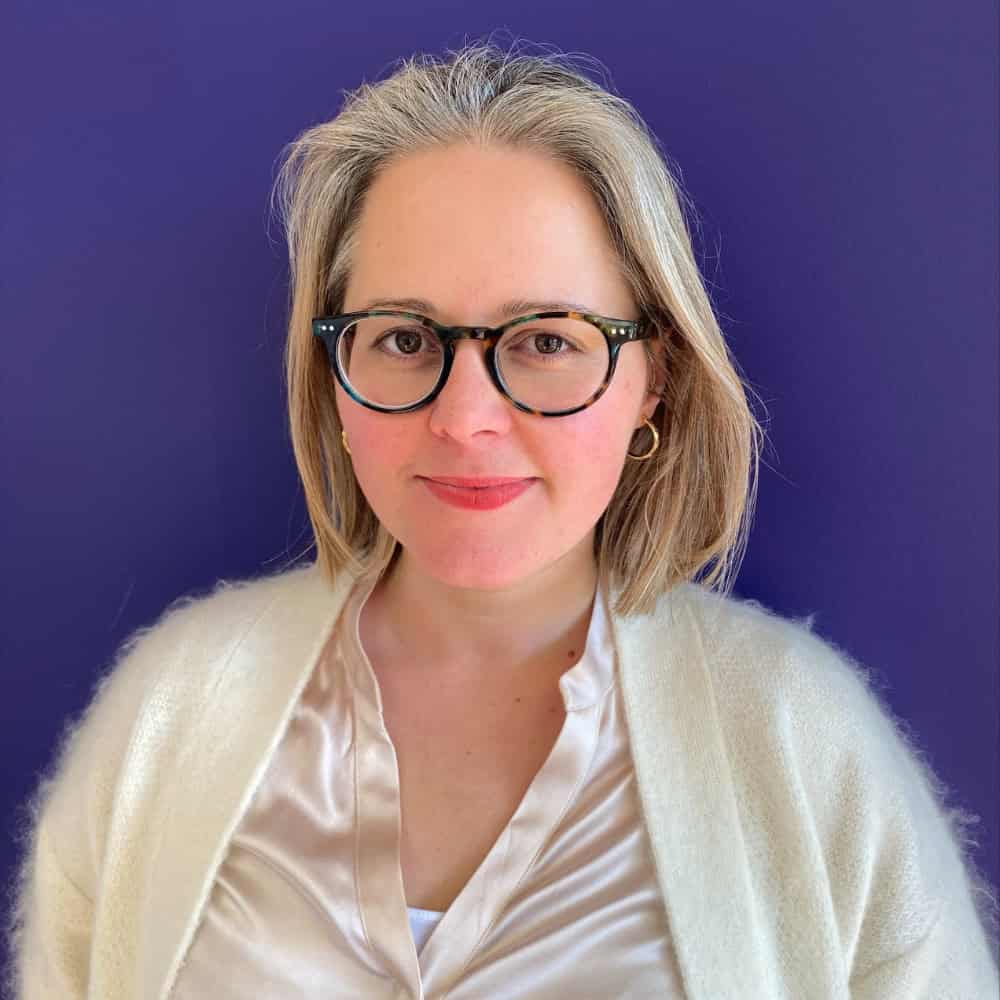
Dr Kristie Flannery
Australian Catholic University
This project recovers the forgotten history of slavery and the slave trade in Manila from 1550 to 1850; an era in which European imperial powers conquered and colonized much of the Philippine islands. Because of the city’s historic role as a commercial hub, examining human bondage and trafficking in and through this city offers insight into the historical dimensions of slavery in the larger Asia Pacific region, which remains poorly understood. The Humanities Traveling Fellowship supports essential archival research in Mexico’s National Archives, which holds a large volume of rare documents pertaining to the Philippines’ early history.
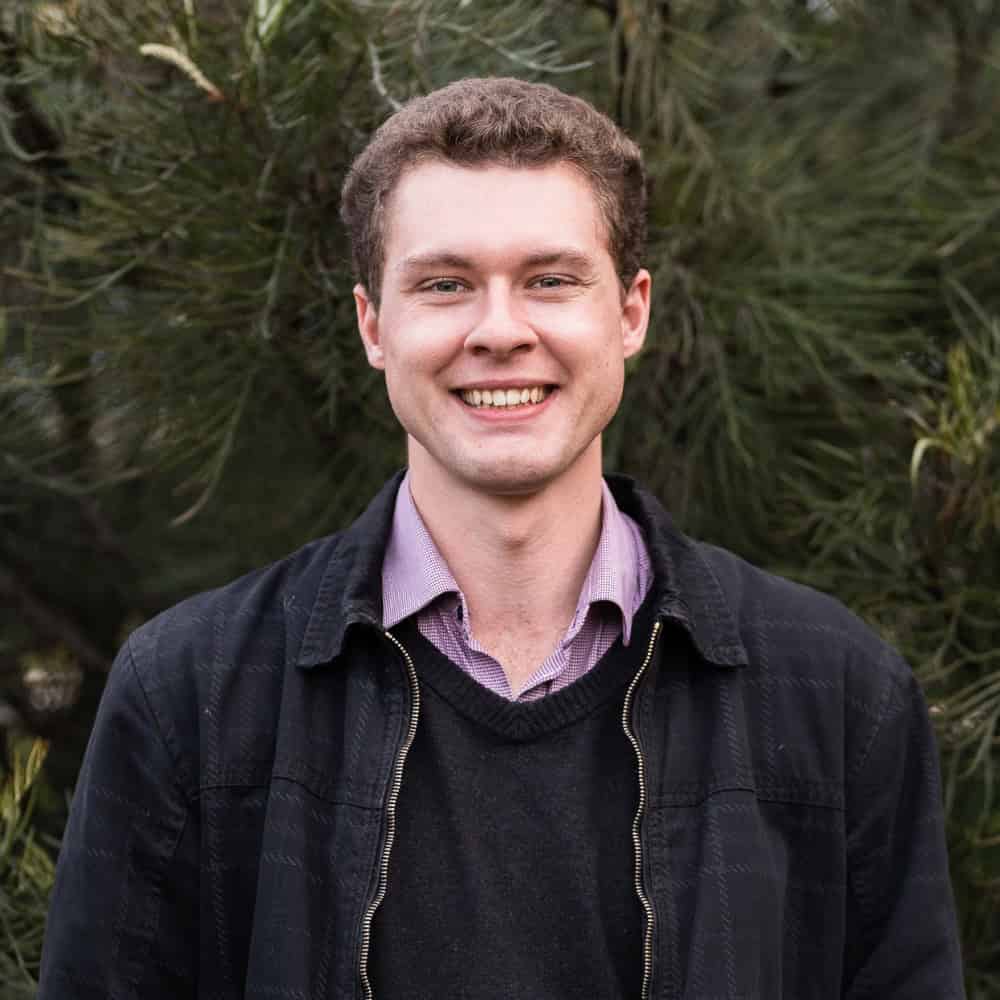
Dr Simon Graham
University of Sydney
Spying on the World: The Stasi and the International Order
James Bond, Natasha Romanoff and George Smiley are names that have become synonymous with spying. More than that, however, their stories highlight our tendency to think about espionage as a shadowy great game played out between states. Yet, the archives of intelligence services tell a very different story. My project investigates the extent to which the East German intelligence service, the “Stasi”, influenced international order by engaging in espionage against the United Nations (UN), Conference on Security and Cooperation in Europe (CSCE) and International Atomic Energy Agency (IAEA), among other international organisations, during the Cold War, 1953–89.
Twitter: @Simon_SGraham
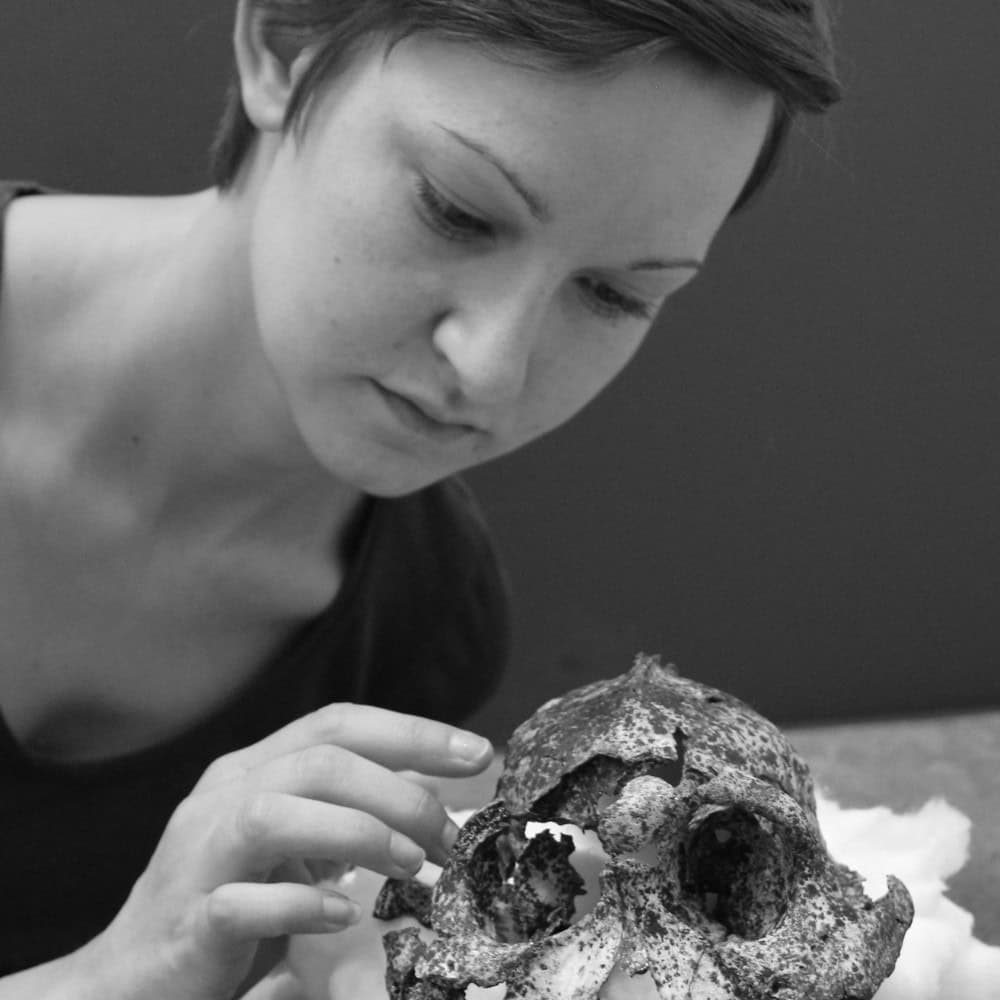
Dr Angeline Leece
La Trobe University

Dr Deirdre O’Connell
University of Sydney
From Housing Crisis to Cultural Icon: Tracing the Genealogy of the Harlem Rent Party
This project will examine the shifting ritual and representational uses of Harlem Rent Party between the 1910s and 1940s, from a marker of urban degeneracy to African-American cultural renewal. At their most pragmatic, rent parties were self-help initiatives, expedient ways for cash-strapped tenants to pay hyper-inflated rents. At their most spirited, rent parties transformed domestic spaces into communal stages, creating forums to express the culture of food, fashion, music and dance, even queer and radical resistance. In tracing these shifting meanings, this project will capture the circulation of ideas and practices through local knowledge systems and economic and political networks.
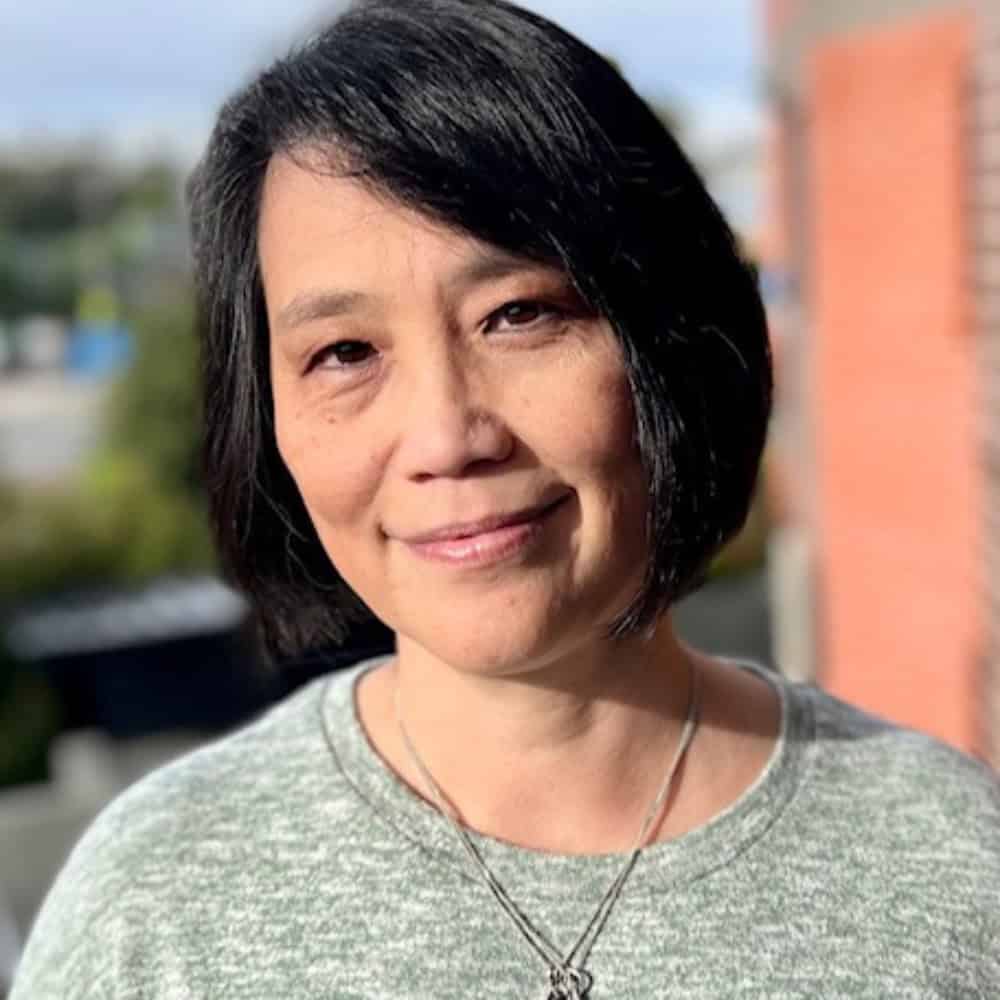
Dr Michele Seah
University of Newcastle

Dr Yu Tao
University of Western Australia
Information about Dr Tao’s research project is available via this 1-minute video.
Twitter: @DrYuTao
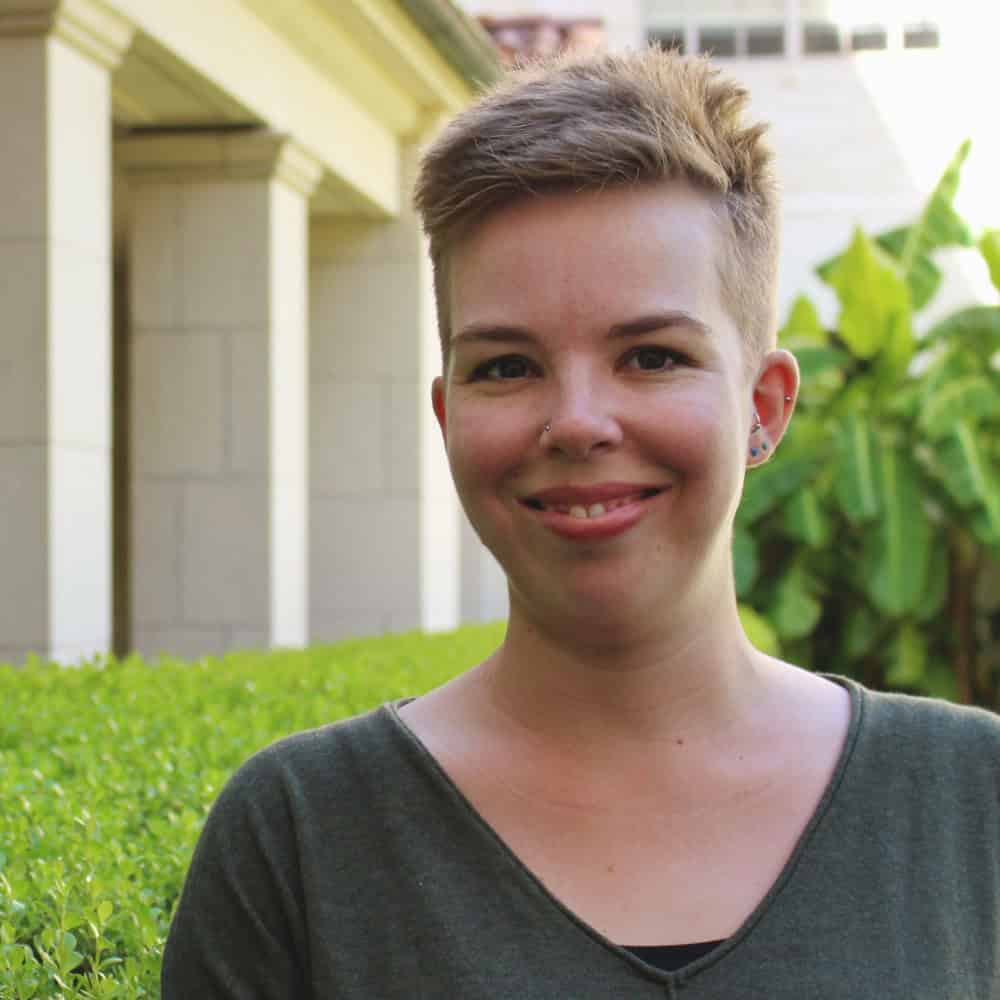
Dr Beck Wise
University of Queensland
During the acute phases of the Covid-19 pandemic, public health information has become public in unprecedented ways. Health officials, technical communicators, political figures and other stakeholders had to grapple with how to communicate rapidly changing scientific information to an anxious, information-hungry public, and they had to do so while learning how to navigate a changing communication landscape. In order to understand how health and risk communication works during pandemics, my fellowship will support travel to two US archives, where I’ll investigate the documentation produced during the H1N1 pandemic to understand past responses, and the fan mail sent to public health officials to understand how their ideas were received during Covid.
Twitter: @wisebeck
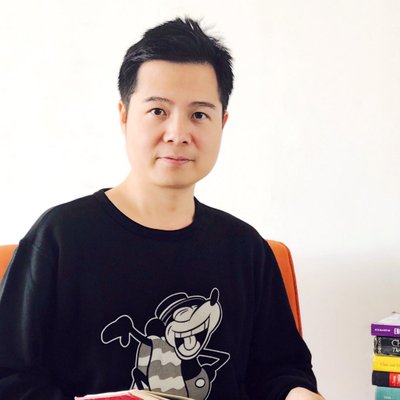
Dr Shensi Yi
University of Sydney
In this research I will examine how the Chinese Communist Party (CCP) created and implemented disciplinary measures in key regions during its formation and development throughout the 1920s and 1930s, especially regarding personal affairs, relationships, and daily lives of the communists. Breaking new ground in the field of modern Chinese history and furthering transnational studies, this research will use newly available sources to analyse the CCP’s ideological principles and practical considerations as it attempted to manage the tangled romances and gendered issues that emerged constantly in the communist organisation in the context of the twentieth century’s global communist movement.
Twitter: @shyi5805



